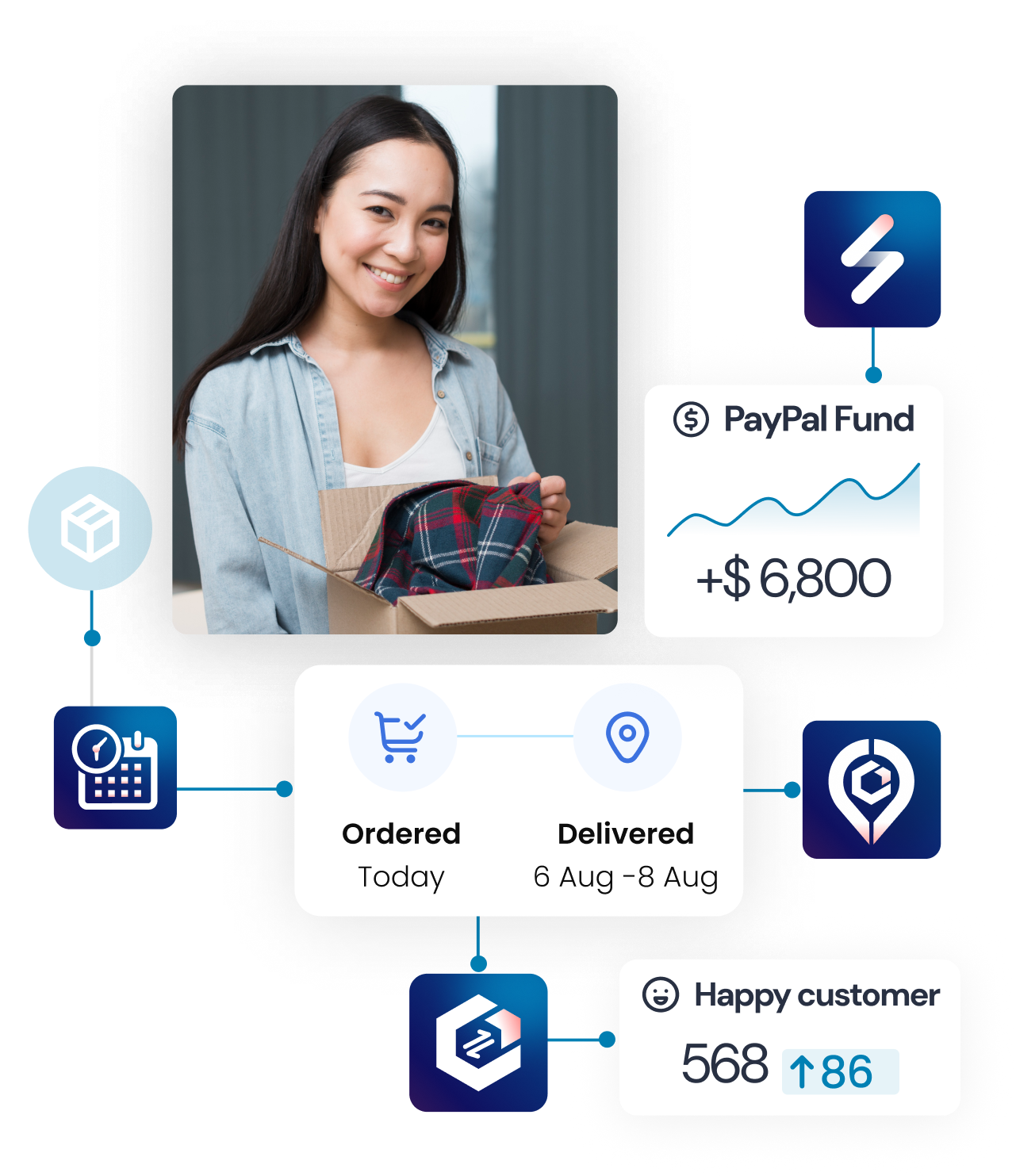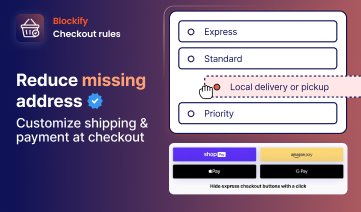Seeing “PayPal payment pending” in your account can be frustrating, especially when you need quick access to your funds. With PayPal handling over $1.25 trillion in payments annually, you’re not alone—millions of users experience this daily.
A pending status means your transaction is still in progress, similar to a check waiting to clear. Whether you’re a business owner trying to access sales revenue or a buyer verifying a purchase, it can be confusing and stressful. This guide will help you understand why PayPal holds payments, how long the process usually takes, and, most importantly, the steps you can take to access your money faster.
What Does PayPal Payment Pending Mean?

If you see “payment pending” on PayPal, don’t worry – this simply means your money is in transit but hasn’t reached its final destination yet. Think of it like ordering a pizza: after you place your order, it’s not ready right away. The restaurant needs time to prepare it and make sure everything is correct. PayPal works in a similar way with your money.
PayPal handles over $1.25 trillion in payments each year, and they need to make sure each transaction is safe. When your payment is pending, PayPal is usually doing one of several things to protect your money. Most payments clear within 1-2 days, but some might take longer depending on the situation.
Explain PayPal Payment Status Pending Types
When you see a pending status on your PayPal payment, it falls into one of several specific categories. Actually, there are 6 types. And understanding which type of PayPal payment status pending you’re dealing with helps you know what to expect and how to resolve it.
- eCheck Payment Pending: PayPal displays this status when someone pays using an eCheck (electronic check) from their bank account.
- Processing time: 3-5 business days
- Automatic clearance once the bank confirms funds
- No action is needed – just wait for the bank process to complete
- Status updates appear in your PayPal account
- New Seller Hold: PayPal places this hold on payments for new sellers or accounts with a limited selling history.
- Typically lasts up to 21 days for new sellers
- Releases immediately after buyer confirms delivery
- Releases automatically after tracking shows delivery
- This can be shortened by building a positive selling history
- Unclaimed Payment Status: This appears when sending money to an email address not linked to a PayPal account.
- The payment stays pending for 30 days
- Recipient must create or link a PayPal account
- Money returns to sender if unclaimed after 30 days
- Recipients receive email notifications about pending funds

- Security Review Hold: PayPal implements this hold when reviewing transactions for security purposes.
- Occurs during unusual account activity
- This happens with sudden large transactions
- Takes 24-72 hours for review completion
- May require identity verification or additional documentation
- Goods and Services Hold: This hold protects buyers until they receive their purchased items.
- This applies to physical item sales
- Releases within 24 hours of delivery confirmation
- Requires valid tracking information
- Can last up to 21 days without tracking
- International Payment Hold: Appears when sending or receiving money across different countries.
- Additional 1-2 days for currency conversion
- Subject to international banking regulations
- Releases automatically after conversion
- May require extra security verification

Why PayPal Payment Pending Happens?
PayPal’s main goal is to keep everyone’s money safe, which sometimes means putting payments on hold temporarily. Here are the common issues you should know!
Security and Safety
The most common reason for payment holds is security. PayPal processes millions of dollars in payments each day and needs to protect both buyers and sellers from fraud. Think of it like a security guard checking IDs at a building – it might take a few extra minutes, but it keeps everyone safe.

What triggers these security checks? Sometimes it’s unusual activity in your account, like suddenly receiving a much larger payment than normal. Other times, it might be because you’re dealing with someone from another country. PayPal’s system automatically flags these situations for review.
Account History and Activity
Your PayPal account history plays a big role in how long PayPal payment pending lasts. New accounts or accounts that haven’t been used much often experience more holds. This is similar to how a new credit card might have a lower spending limit at first. As you build a good track record with PayPal, holds usually become less frequent.
For sellers, sudden changes in your selling pattern can trigger holds. For example, if you usually sell items worth $20 but suddenly receive a $500 payment, PayPal might hold it for review. According to PayPal’s data, about 85% of these review holds are released within 24 hours once they confirm everything is okay.
Rules and Regulations
Sometimes PayPal payment pending happens because of banking laws and regulations, especially for international transactions. Different countries have different rules about moving money, and PayPal must follow them all. This is why international payments often take longer to process than domestic ones.

The good news is that most payment holds are temporary and resolve automatically. You don’t usually need to do anything except wait. However, if you want to avoid PayPal payment pending status in the future, try to:
- Keep your account information up to date
- Build a consistent pattern of using PayPal
- Ship items promptly and add tracking numbers
- Respond quickly to any PayPal messages or requests
Remember, while dealing with PayPal payment pending can be frustrating, it’s part of how PayPal protects its 400+ million users worldwide. Understanding what makes your payment pending helps you better manage and often prevent these holds in the future.
How Long Does PayPal Payment Pending Last?
A PayPal payment pending usually lasts between 24 hours to 21 days, depending on why the payment is on hold. According to PayPal’s transaction data, most pending payments clear within a few business days, but specific situations can affect this timeline.
Standard waiting times:
- Instant payment (using PayPal balance): 0-24 hours
- Credit card payments: 24-48 hours
- Bank transfers: 3-5 business days
- eChecks: 3-5 business days
- New seller holds: up to 21 days
For buyers, payments typically pend shortest when using a PayPal balance or credit card. Bank transfers and eChecks take longer because PayPal needs to verify the funds with your bank. Think of it like depositing a check – your bank needs time to make sure the money is really there.
For sellers, the waiting time often depends on your selling history. New sellers usually wait the longest – up to 21 days. However, PayPal often releases funds sooner if you:
- Ship the item and add tracking information (funds typically released 1 day after delivery)
- Get positive feedback from your buyer
- Build a history of successful sales
International transactions might need an extra day or two for processing because PayPal has to follow different banking rules and convert currencies. About 80% of international payments clear within 72 hours.
Remember, while these timeframes are typical, they’re not guaranteed. The best way to speed up pending payments is to keep your account in good standing and follow PayPal’s recommended practices for your account type.
>>> Learn More: How to track a package paid with PayPal?
How to Resolve PayPal Payment Pending Status?

Getting your PayPal payment out of pending status depends on whether you’re buying or selling. Let’s look at the most effective solutions for both situations and what steps you can take right now.
If You’re Buying
The fastest way to resolve a PayPal payment pending status as a buyer starts with checking your payment method. Make sure you have enough money in your account and that your payment method is verified. Using your PayPal balance is usually the fastest, followed by credit or debit cards. If you’re using an eCheck, be prepared to wait 3-5 business days – this is normal and can’t be rushed.
Also, check your PayPal account for any verification requests or security flags. PayPal might need extra information from you, and responding quickly can speed things up. According to PayPal, most pending payments clear within 24 hours after providing the requested information.
If You’re Selling
Sellers have several effective ways to resolve pending payments. The most important step is shipping promptly and adding tracking information to PayPal. This single action can reduce your PayPal payment pending time by up to 7 days, as PayPal often releases funds within 24 hours of delivery confirmation.
Keep an eye on PayPal’s Resolution Center for any holds related to security checks or fraud prevention. If you spot any issues, address them immediately. Consider using tracking tools like Synctrack PayPal Tracking Sync to monitor your payment statuses in real-time, especially if you’re running a busy online store.

Why? Because Synctrack immediately alerts you when payments are pending, held, or require attention, helping you spot potential issues before they cause longer delays. For example, if a payment gets flagged for security checks or needs verification, Synctrack notifies you instantly so you can address the issue right away.
Also, Synctrack helps you keep an eye on PayPal’s Resolution Center for any holds related to security checks or fraud prevention. With Synctrack integrated into your workflow, you’ll receive immediate notifications about these issues, making it easier to resolve them quickly. The tool is particularly valuable for busy online stores, as it helps prevent payment delays due to shipping, fraud checks, or account issues by enabling faster response times.
For Everyone
If your PayPal payment pending situation continues longer than expected, don’t hesitate to contact PayPal support. Have your transaction details ready, and they can tell you exactly why the payment is held and what you need to do. Before contacting support, make sure:
- Your account is fully verified (email, phone, bank information)
- You’ve responded to any PayPal alerts or requests
- You’ve waited the standard processing time for your payment method
Stay proactive with your account maintenance and shipping practices, and you’ll see faster payment processing over time.
PayPal Payment Pending FAQs
How Long is a PayPal Payment Pending?
A PayPal payment typically stays pending from a few minutes to several days, depending on the specific situation:
- eCheck payments: 3-5 business days
- Security reviews: 24-72 hours
- Bank/credit card authorization: Usually 24-48 hours
- New seller holds: Up to 21 days
How to Accept a Pending Payment on PayPal?
To accept a pending payment:
- Log into your PayPal account
- Go to “Activity” or “Transactions”
- Look for the pending payment
- Click “Accept” or “Claim” if the payment needs manual acceptance
- For security-held payments, wait for PayPal’s automatic approval
How Long Can a Payment Be Pending?
Maximum pending times vary by situation:
- eChecks: 3-5 business days
- Security reviews: Up to 7 days
- Bank authorizations: 1-3 business days
- Unclaimed payments: Up to 30 days before returning to sender
Why is PayPal Taking So Long to Process a Payment?
PayPal takes so long to process a payment because:
- Security checks for unusual activity
- Bank or credit card authorization delays
- eCheck processing (3-5 business days)
- Seller verification requirements
- International payment processing
- Account holds for new sellers
Note: Most payment delays resolve automatically once the required verification or processing time is complete. If a payment stays pending longer than the usual timeframes, contact PayPal support for assistance.
Wrap Up
Seeing a PayPal payment pending in your account isn’t ideal, but it’s a normal part of using the platform safely. Now you know the six main types of holds, how long each typically lasts, and what you can do to speed things up. You are ready to take action! Stay patient, and follow the guidelines we’ve discussed, and most holds will resolve quickly and smoothly on their own.








